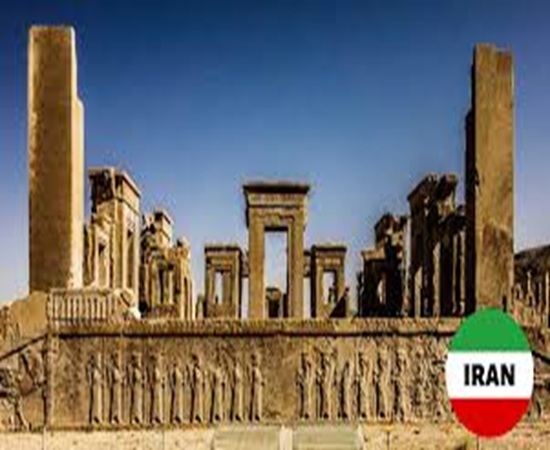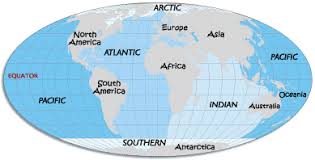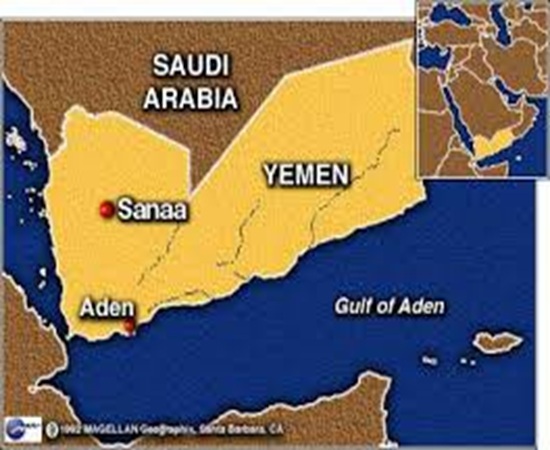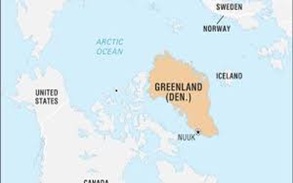Why the World Needs a Free and Civic Iran
 Prof.dr Darko Trifunovic,
Prof.dr Darko Trifunovic,
(Senior Research Fellow of RIEAS)
Copyright: @ 2026 Research Institute for European and American Studies (www.rieas.gr) Publication date: 19 January 2026
Note: The article reflects the opinion of the author and not necessarily the views of the Research Institute for European and American Studies
The future of Iran is not merely an Iranian domestic issue, nor is it a question limited to regional geopolitics. It is a matter of global strategic importance. The international community does not benefit from a weakened, isolated, or perpetually sanctioned Iran, nor from an Iran defined by fear, repression, and ideological export. What the world genuinely needs is a free, civic, and modern Iran—a state grounded in citizenship rather than theology, cooperation rather than confrontation, and innovation rather than coercion.... Read more

 Stella-Sofia Kyvelou
Stella-Sofia Kyvelou Robert Ellis
Robert Ellis Shaul Shay
Shaul Shay Theresa Lillelund
Theresa Lillelund Glen Segell
Glen Segell